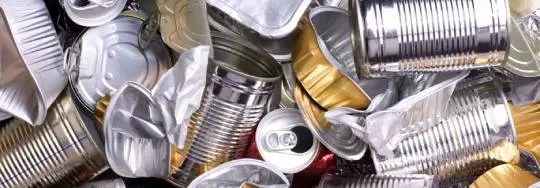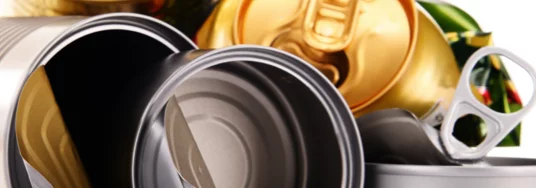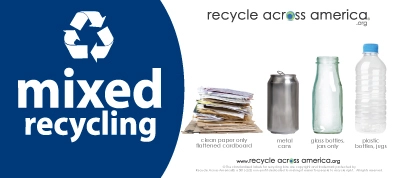
Charleston
Recycling Guidelines
Reduce. Reuse. Recycle.
Mixed Recycling: Plastic, paper, metal and glass can be comingled together in your single-stream recycling collection
PLASTIC
Look for plastic items labeled #1 - #5.
- Bath bottles- shampoo, conditioner, soap, mouthwash, etc.
- Bottles & jugs- beverage, food, etc.
- Cups
- Containers- fruit, baked good, etc.
- House bottles & jugs- cleaning supplies, detergent, etc.
- Tubs- yogurt, margarine, etc.
- Lids and caps can stay on plastic bottles
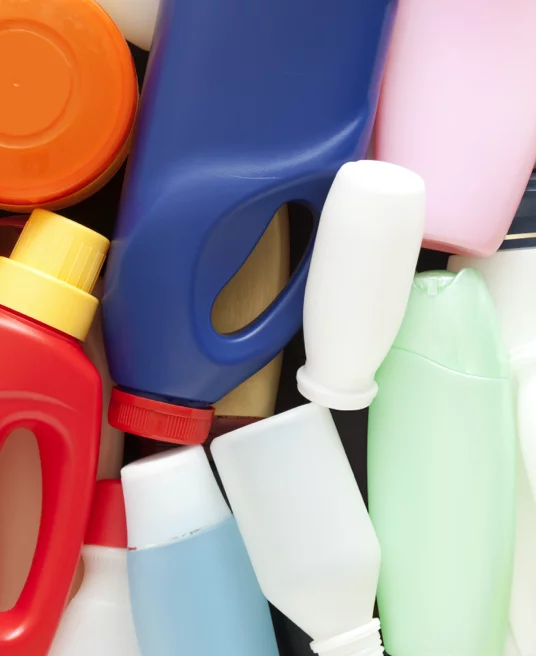
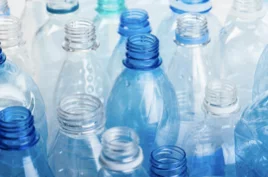
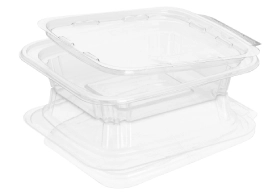
METAL
- Aluminum cans
- Steel and Tin cans
PAPER
Look for Paper items
- Beverage boxes- milk, juice, etc.
- Books- telephone books and textbooks
- Cardboard & Paperboard- flattened moving boxes, food boxes, tissue boxes, shoe boxes, paper towel rolls, toilet paper rolls, egg cartons
- Mixed paper- computer paper, office paper, unwanted mail, sticky notes, newspaper, magazines, posters
- Paper bags
- Wrapping paper
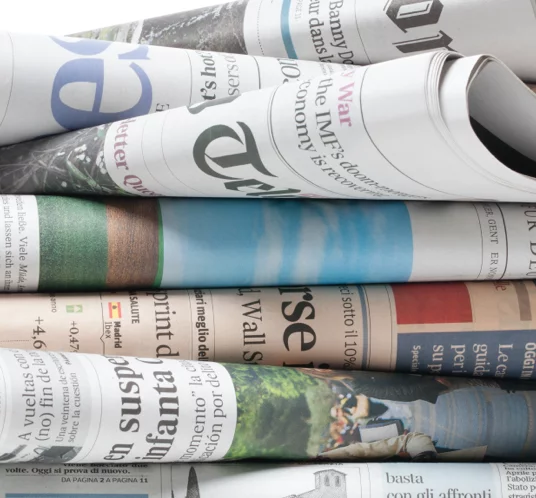
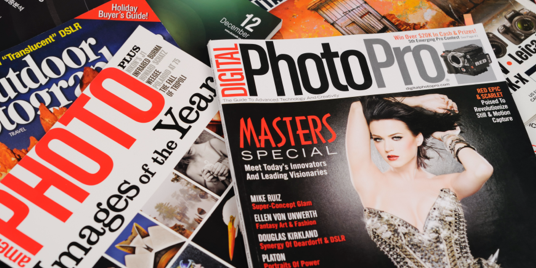
Paper can be recycled up to seven times, depending on the quality
Cardboard tubes from wrapping or toilet paper rolls
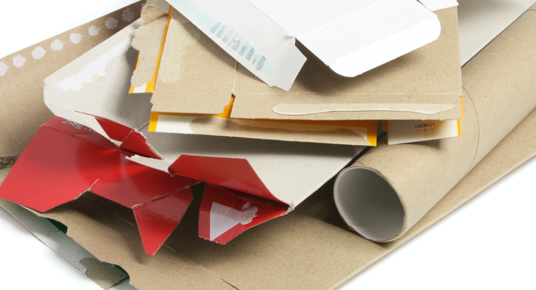
GLASS
Look for glass food jars and drink bottles
- Bottles- beverage, food, etc.
- Jars- beverage, food, etc.
Bottles and jars (Lids and caps can stay on)

Clean and dry your glass bottles
Mixed Recycling: Plastic, paper, metal and glass can be comingled together in your single-stream recycling collection
Doorstep Recycling Collection
Place acceptable recyclables in a securely tied, see-thru bag, separate from your trash and place in your bin, outside your front door with your scheduled trash collection.
When in Doubt – Toss it Out
Please do not place any unacceptable items in communal recycling containers or in your household recycling bags. Remember, if recycling contains “contaminants” (non-recyclable items or containers not properly cleaned), the whole batch may be rejected and sent to a land fill. When in doubt – best to toss it out!
What can NOT be recycled
- Plastic bags (i.e., shopping bags, cereal bags, trash bags)
- Plastic wrap (i.e., thin plastic food wrap or shrink wrapping/product packaging)
- Styrofoam packaging or food containers
- Household garbage
- Shredded paper
- Food waste
- Yard waste
- Cartons (i.e., juice boxes, chicken broth cartons)
- Bulky plastic items (i.e., toys, hangers)
- Batteries
- Light bulbs
- Electronics
- Clothing and shoes
- Construction debris (i.e., wood, insulation)
- Rope-like items (i.e., garden hoses)
- Medical waste (i.e., syringes)
- Diapers or sanitary products
- Propane tanks
- Aluminum foil and trays
- Motor oil and cooking oil
- Paint
- Ceramics
- Windows
- Mirrors
Recycle Collection Tips
- Labels can be left on glass containers
- Remove any plastic film or aluminum from plastic containers
- Caps and lids on aluminum cans are allowed
Multifamily-specific highlights. Check with your municipality for the latest guidelines.
- Charleston County Environmental Management offers recycling service for residents living in apartments and condominiums
- Participating communities agree to designate an area for recycling containers on their property, in or next to their garbage enclosure or in parking spaces close to the garbage dumpsters
- Recycling containers are serviced on a weekly basis
- If the apartment community does not recycle, residents can ask their Property Manager to contact the Charleston County Environments Management at (843)-720-7111
- Property Managers must distribute the educational flyers below to their residents
https://www.charlestoncounty.org/departments/environmental-management/files/Recycle-Right.pdf - Fun Fact: 86% of renters prefer to live in a green community with eco-friendly options (this makes communities more marketable to future residents)
- The city provides single stream recycling (there is no sorting required) or all-in-one recycling; you can combine paper products, cardboard, plastic bottles & containers, aluminum, and glass all together
Collection Guidelines: *Proper cart placement makes Charleston County’s automated collection safer, cleaner and more efficient
- Place recycling at the curb by 7 am on your recycling day or the night before
- Set your cart at least 3 feet away from cars, mailboxes, and tree or shrubbery
- Make sure the handles of the cart are facing your house (or building)
- Only roll carts can be used. Old 22-gallon recycling bins cannot be collected at the curb; feel free to use these bins for recycling stations around your home, or return them to a Charleston County Convenience Center.
- Please flatten cardboard boxes and place them in the cart. If you have additional cardboard that will not fit into the cart, break down the boxes and place them beside the cart. Please cute large boxes, like appliance boxes, down to 3 x 3 feet so that they will fit in the truck
- If your household is consistently overfilling your provided cart, please contact the Recycling Center at (843)-720-7111
Before you recycle:
- Empty and rinse all containers to remove food residue
- Flatten paperboard and corrugated cardboard
Multifamily Recycle Collection Tips
- Charleston County Environmental Management provides help to property managers start and maintain a successful recycling program at their communities.
- Staff is available to perform a free on-site waste assessment to assist with equipment placement, answer questions, and provide educational materials for community staff to distribute to residents.
Learn more about recycling in your city.
- Multifamily Recycling Program
https://www.charlestoncounty.org/departments/environmental-management/aprtmnt-condo-recycling.php - What we can and can’t recycle
https://www.charlestoncounty.org/departments/environmental-management/recycle-what.php - Cardboard recycling guidelines:
https://www.charlestoncounty.org/departments/environmental-management/files/recycling-guidelines.pdf - How to recycle right flyer:
https://www.charlestoncounty.org/departments/environmental-management/files/HowtoRecycleRight.pdf - City of Charleston Waste FAQ:
https://www.charleston-sc.gov/faq.aspx?TID=21
For more information, please contact:
https://www.charlestoncounty.org/departments/environmental-management/index.php
Local Recycling Centers: Bees Ferry Road Convenience Center, 1344 Bees Ferry Road Charleston County Recycling Center, 13 Romney Street
This information is not your official community or municipality guidelines. Recycling mandates may change based on the local processing capabilities and shifting markets. Contact your leasing office or local recycling agency to learn more or use the links under the “Recycling Resources"

